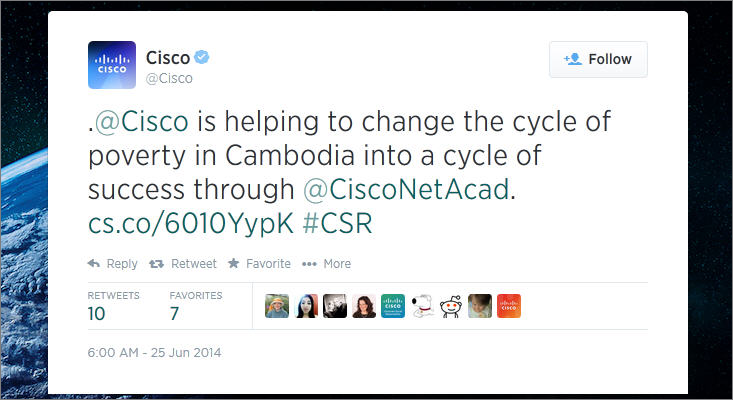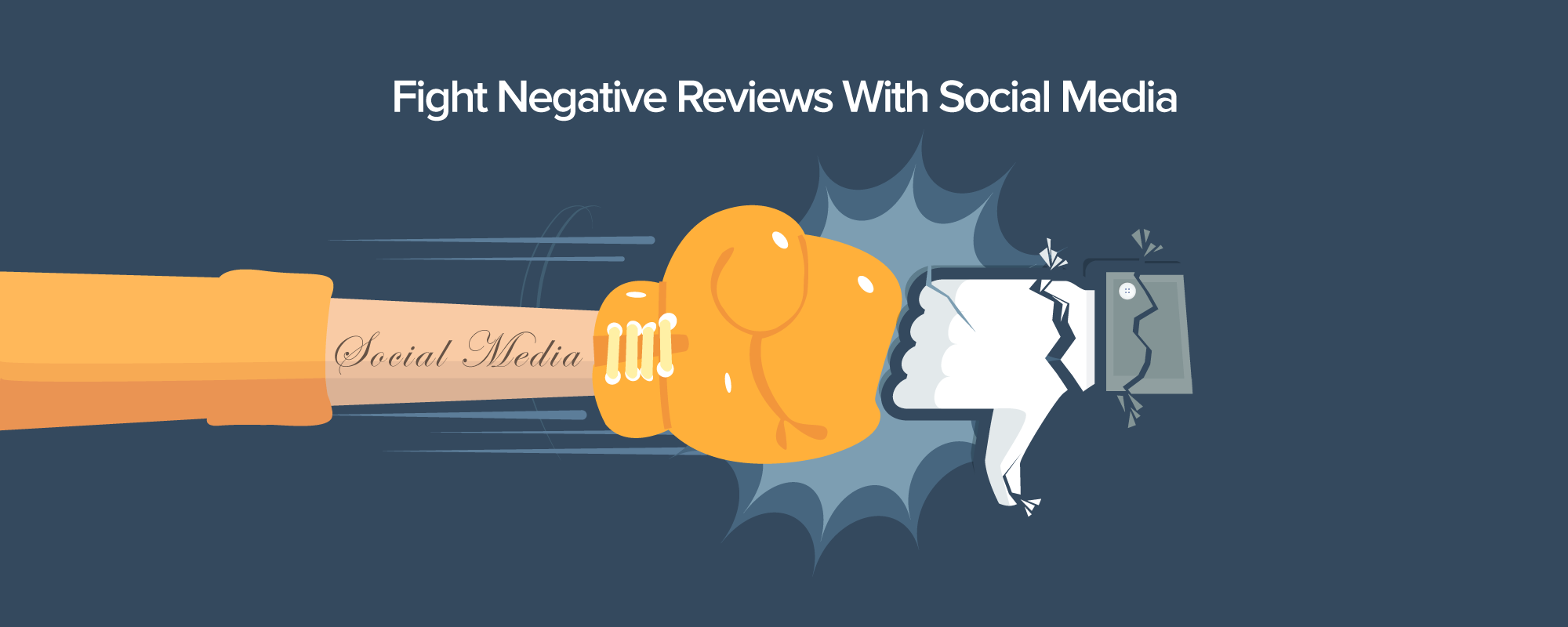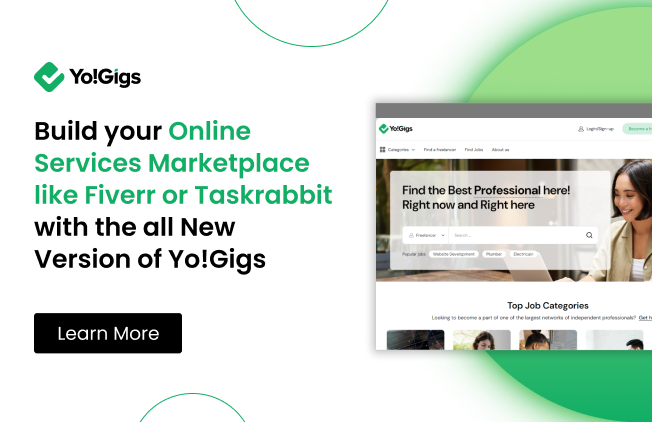Tame Negative Online Reviews & Publicity with Social Media (B2B Special)
Social media works hand in glove with online reputation as most negative reviews on internet surface due to bad social monitoring. Though the trend is changing now, B2B companies particularly paid little attention to social media considering it relevant to B2C only. Reputation management experts however strongly disagree.
It is a sheer fallacy that social networks are meant for interactions between brand & individuals only. Platforms like LinkedIn & Google+ also prove this wrong by evolving as best sources of connection building for businesses.
Just like their B2C counterparts, B2B companies also need active social participation to maintain their online reputation and avoid negative reviews from surfacing for brand search.
Below points will help you create the best online reputation management strategy for your business;
Advantage of high domain authority
Social media sites have high domain authority and thus have higher probability to rank on search engine results pages. Your presence on such networks ensures defense against negative reviews. Company profiles on social media sites like Facebook, Twitter, LinkedIn, etc are highly relevant for search queries related to businesses.
If you maintain an “Active Presence” on such profiles, there is a high probability that no negative business or company review will be able to bypass these links for branded search terms.
Act fast & tell your side of the story
The hardest part about handling a negative review is sharing your part of the story. At times, the place from where the negative review comes provides no option of clarification. While replying to a negative review, avoid contributing a long thread of communication as this will only make the domain more authoritative. Negative review clarification is much simpler through social media platforms. You have complete freedom of saying what you wish to share. The CEO of Zomato did his best in sharing his point of view through Quora, when an ex employee shared a negative review about the startup’s work culture.

Focus on improving overall brand presence
Promote your good work and positive customer reviews through social media platforms. Feature your work and customer experiences through case studies, infographics, sales figures, CSR activities, etc. Share details about your work process, quality control, technology, product updates, new launches, etc through appropriate platforms. Try to share informative content so that you don’t sound promotional. The more positive content people come across about your company, the less likely they are to get influenced by negative reviews.

Become a socially active modern brand
Big B2B players have already started using social media platforms actively. Companies like HP, Microsoft & GE present a perfect example of B2B’s well-run social media strategy. Cisco is another such business that has second highest twitter followers i.e. 83,964 after Microsoft. American Express too has lately come up with open forums and Facebook page to improve their networking with small businesses & potential investors. A B2B company having a good online presence is perceived as modern and in sync with the changing trends. A brand with poor online visibility leaves a negative impression no matter how well it promotes itself offline.

B2B businesses indulge in more research before a deal is closed as most of their business decisions are based on reviews of referrals and brand reputation. Unlike before, brands are judged on social profiles like LinkedIn, Google+, and Twitter
Consistent social media presence is very important to protect your online reputation. If you are already managing and monitoring your online presence, then, chances of negative online publicity are rare. But if you haven’t been paying attention, then, negative reviews and defaming comments from competitors can outbreak anytime. Protect your business reputation with these super tips.
Take Advantage of social media for branding
Can negative feedbacks against a B2B brand be pushed down using social platforms?
Yes, you can push down bad reviews by using business specific social networks. If you have been shown in negative light by a client, critic or spammer, it is likely to show on first page. To push down such results, you need to maintain an active presence over equally or more authoritative domains like LinkedIn, Facebook, Google+ and Twitter. Other social sites and forums that can be used by a B2B company to push down negative reviews are:
- ukbusinessforums.co.uk
- businessadviceforum.com
- businessbiscotti.co.uk
- americanexpress.com/us/small-business/openforum/explore/
- meetup.com
- ted.com/talks/browse
Posts on business networks with high domain authority are quickly indexed and appear on initial pages, pushing other results down. Because such websites have high potential of ranking on search engines, ORM agencies use them for suppress negative reviews in SERPs. You also get the added benefit of connecting with other businesses and potential clients through multiple platforms.
Dos & Don’ts of using social media to handle negative online reputation
Though there are no ground rules of using social media for handling negative reputation, keeping below mentioned points in mind will keep your brand on the safe side;
- Focus on content sharing rather than just profile creation. Display your work and positive reviews on forums & social profiles to highlight the good things said about you. Few business networks like LinkedIn offer this option (LinkedIn Recommendations) that allows your clients to recommend your company/products/services to others.
- Don’t respond negatively to any online review that questions product or any other aspect of your business. Instead try to resolve the issue without getting defensive.
- Don’t choose a domain just because it’s authoritative. Pick the right platforms by keeping your target audience in mind. For instance, LinkedIn is a better option for interacting with professionals. Twitter and Quora are for casual conversations and relationship building with all age groups.
- Target important keywords like ‘[BrandName] reviews’, ‘[BrandName] feedback’ etc through your profile description. This becomes important especially ifthe negative reviews appear for these particular keywords. This is called social media profile optimization and is necessary to get prompt results.
- It is advisable to connect your various social accounts to each other to get the ranking benefit from Google.
- Having too many accounts ruptures your social presence. Some SEO companies create multiple company profiles on the same platform, each to target a different keyword. Such accounts when appear in search results seem illogical and arouses more doubts.
There are various other technical and non technical ways to bring down negative online resources. Here is an online reputation management guide to help you make much-needed additions in your online reputation management plan.
There was a time when only travel or hospitality companies used social media for traffic generation and brand building. Today, even business-to-business companies are making social media part of their marketing strategy for added business benefits.
3 out of 4 online users will click on negative search result rather than positive one if the prior ranks higher. So, whether you are a manufacturer, wholesaler or retailer, reviews about you are bound to appear on web in near future.
As reputation advisors to international brands, our suggestion would be to go proactive.
Take experts’s help to improve online reputation of your brand




